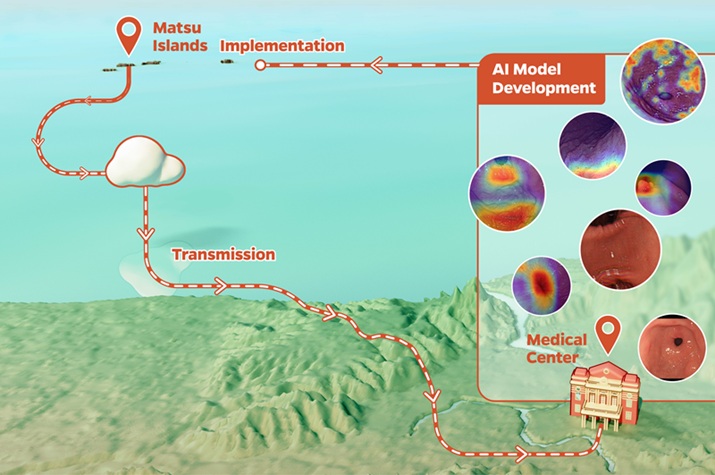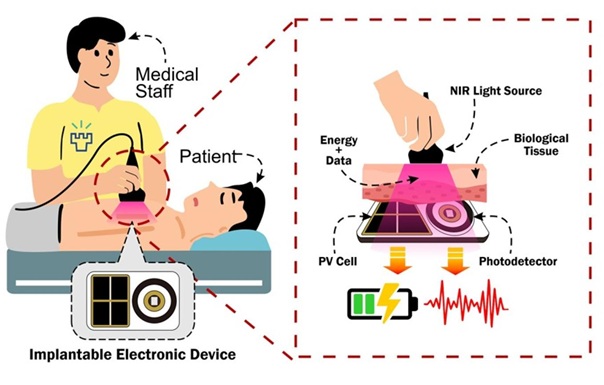FDA to Establish Oversight Rules for AI in Medicine
|
By HospiMedica International staff writers Posted on 17 Apr 2019 |
The US Food and Drug Administration (FDA; Silver Spring, MD, USA) is developing a framework for regulating artificial intelligence (AI) products used in medicine that continually adapt based on new data.
In a white paper published in March 2019, the FDA details the criteria the agency proposes for rules that will be used to determine when and if medical products that rely on AI will require FDA review before being commercialized. The FDA review may include examination of the underlying performance of a product’s algorithms, a manufacturer’s plan to make modifications, and the manufacturer’s ability to manage the risks associated with any modifications.
The FDA has already approved medical devices that rely on “locked algorithms,” which do not change each time they are used, but instead are changed by a manufacturer at intervals, using specific training data and a validation process to ensure proper functioning of the system. Among such devices approved during 2018 were a device that is used to detect degenerative diabetic retinopathy, and another one designed to alert providers of a potential stroke in patients.
According to the FDA, the proper performance of those locked algorithms, and others like them, is crucial to ensuring that doctors base life-and-death treatment decisions on accurate information. That task is harder for products that learn and evolve on their own, in ways that are difficult even for the manufacturers of such systems to understand. An example of such one system uses AI algorithms to identify breast cancer lesions on mammograms and learns to improve its confidence and identify new subgroups of cancer, based on its exposure to additional real world data.
“A new approach to these technologies would address the need for the algorithms to learn and adapt when used in the real world. It would be a more tailored fit than our existing regulatory paradigm for software as a medical device,” explained FDA outgoing commissioner Scott Gottlieb, MD. “I can envision a world where, one day, artificial intelligence can help detect and treat challenging health problems, for example by recognizing the signs of disease well in advance of what we can do today.”
The FDA recently launched a fellowship program with Harvard University (Boston, MA, USA) on AI and machine learning, which is focused on designing, developing, and implementing algorithms for regulatory science applications. One such example is innovative clinical decision support software that uses AI algorithms to help alert neurovascular specialists of brain deterioration.
Related Links:
US Food and Drug Administration
In a white paper published in March 2019, the FDA details the criteria the agency proposes for rules that will be used to determine when and if medical products that rely on AI will require FDA review before being commercialized. The FDA review may include examination of the underlying performance of a product’s algorithms, a manufacturer’s plan to make modifications, and the manufacturer’s ability to manage the risks associated with any modifications.
The FDA has already approved medical devices that rely on “locked algorithms,” which do not change each time they are used, but instead are changed by a manufacturer at intervals, using specific training data and a validation process to ensure proper functioning of the system. Among such devices approved during 2018 were a device that is used to detect degenerative diabetic retinopathy, and another one designed to alert providers of a potential stroke in patients.
According to the FDA, the proper performance of those locked algorithms, and others like them, is crucial to ensuring that doctors base life-and-death treatment decisions on accurate information. That task is harder for products that learn and evolve on their own, in ways that are difficult even for the manufacturers of such systems to understand. An example of such one system uses AI algorithms to identify breast cancer lesions on mammograms and learns to improve its confidence and identify new subgroups of cancer, based on its exposure to additional real world data.
“A new approach to these technologies would address the need for the algorithms to learn and adapt when used in the real world. It would be a more tailored fit than our existing regulatory paradigm for software as a medical device,” explained FDA outgoing commissioner Scott Gottlieb, MD. “I can envision a world where, one day, artificial intelligence can help detect and treat challenging health problems, for example by recognizing the signs of disease well in advance of what we can do today.”
The FDA recently launched a fellowship program with Harvard University (Boston, MA, USA) on AI and machine learning, which is focused on designing, developing, and implementing algorithms for regulatory science applications. One such example is innovative clinical decision support software that uses AI algorithms to help alert neurovascular specialists of brain deterioration.
Related Links:
US Food and Drug Administration
Channels
Critical Care
view channel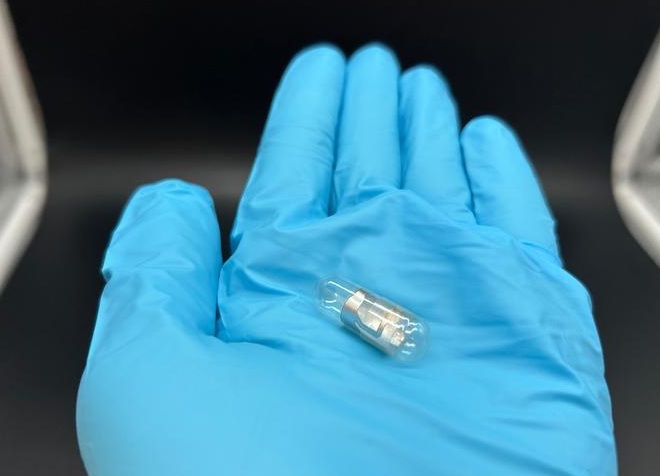
Pill Reports from Stomach When It Has Been Swallowed
Failure to take medications on time is a major challenge in healthcare and contributes to hundreds of thousands of preventable deaths and billions of dollars in avoidable costs each year.... Read more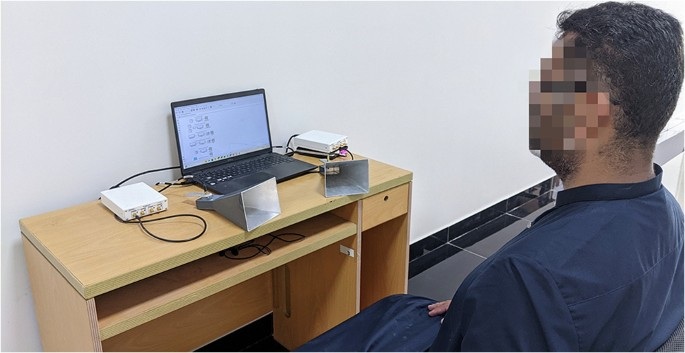
Wireless Sensing Technology Enables Touch-Free Diagnostics of Common Lung Diseases
Diagnosing lung diseases often requires physical contact, imaging scans, or specialized equipment, which can limit access in low-resource settings and increase infection risk during outbreaks.... Read more
Early Detection and Targeted Blood Purification Could Prevent Kidney Failure in ICU Patients
Acute kidney injury (AKI) is one of the most dangerous complications in intensive care units, affecting up to half of critically ill patients and sharply increasing mortality risk. A common but preventable... Read moreSurgical Techniques
view channel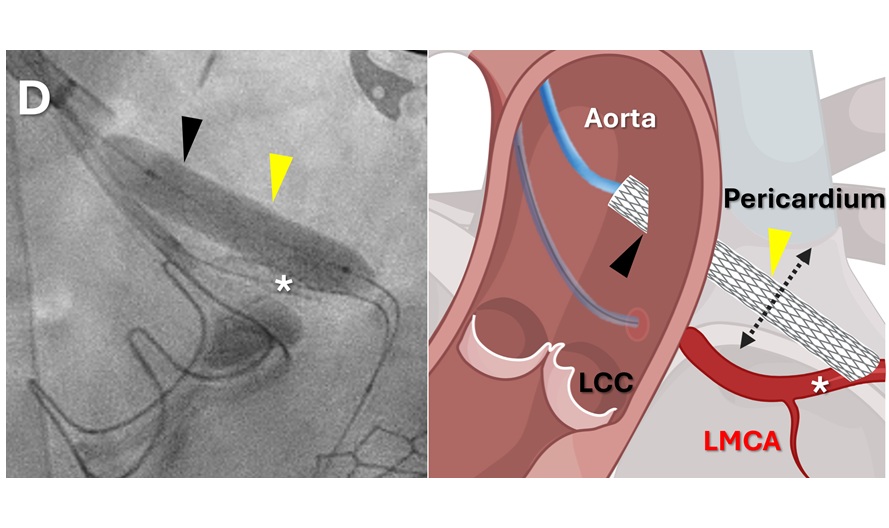
Minimally Invasive Coronary Artery Bypass Method Offers Safer Alternative to Open-Heart Surgery
Coronary artery obstruction is a rare but often fatal complication of heart-valve replacement, particularly in patients with complex anatomy or prior cardiac interventions. In such cases, traditional open-heart... Read more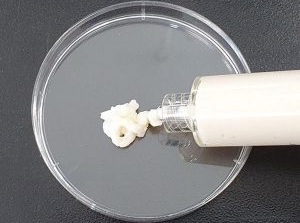
Injectable Breast ‘Implant’ Offers Alternative to Traditional Surgeries
Breast cancer surgery can require the removal of part or all of the breast, leaving patients with difficult decisions about reconstruction. Current reconstructive options often rely on prosthetic implants... Read morePatient Care
view channel
Revolutionary Automatic IV-Line Flushing Device to Enhance Infusion Care
More than 80% of in-hospital patients receive intravenous (IV) therapy. Every dose of IV medicine delivered in a small volume (<250 mL) infusion bag should be followed by subsequent flushing to ensure... Read more
VR Training Tool Combats Contamination of Portable Medical Equipment
Healthcare-associated infections (HAIs) impact one in every 31 patients, cause nearly 100,000 deaths each year, and cost USD 28.4 billion in direct medical expenses. Notably, up to 75% of these infections... Read more
Portable Biosensor Platform to Reduce Hospital-Acquired Infections
Approximately 4 million patients in the European Union acquire healthcare-associated infections (HAIs) or nosocomial infections each year, with around 37,000 deaths directly resulting from these infections,... Read moreFirst-Of-Its-Kind Portable Germicidal Light Technology Disinfects High-Touch Clinical Surfaces in Seconds
Reducing healthcare-acquired infections (HAIs) remains a pressing issue within global healthcare systems. In the United States alone, 1.7 million patients contract HAIs annually, leading to approximately... Read moreBusiness
view channel
Philips and Masimo Partner to Advance Patient Monitoring Measurement Technologies
Royal Philips (Amsterdam, Netherlands) and Masimo (Irvine, California, USA) have renewed their multi-year strategic collaboration, combining Philips’ expertise in patient monitoring with Masimo’s noninvasive... Read more
B. Braun Acquires Digital Microsurgery Company True Digital Surgery
The high-end microsurgery market in neurosurgery, spine, and ENT is undergoing a significant transformation. Traditional analog microscopes are giving way to digital exoscopes, which provide improved visualization,... Read more
CMEF 2025 to Promote Holistic and High-Quality Development of Medical and Health Industry
The 92nd China International Medical Equipment Fair (CMEF 2025) Autumn Exhibition is scheduled to be held from September 26 to 29 at the China Import and Export Fair Complex (Canton Fair Complex) in Guangzhou.... Read more













